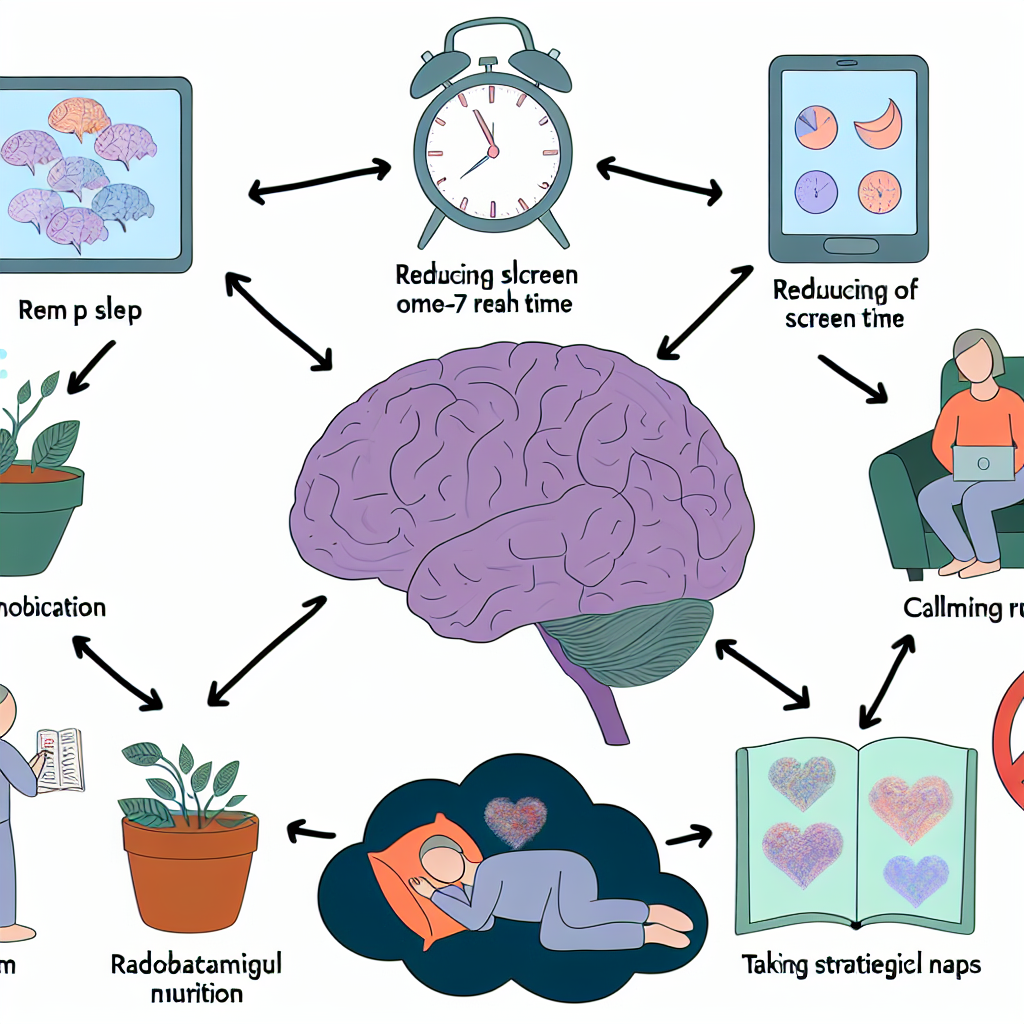Magnesium is an important element in facilitating relaxation and enhancing sleep quality. The following is a concise enumeration of its advantages:
Magnesium is an essential mineral that plays a significant part in maintaining the general health and function of the muscles. Among its most important advantages is its capacity to facilitate muscle relaxation, which can considerably influence the quality of sleep and one’s overall health and well-being.
Although muscles comprise contractile fibers, they must carefully balance various minerals and electrolytes to operate effectively. As a natural muscle relaxant, magnesium helps to regulate the activity of the neurological system, which is responsible for controlling muscle contraction and relaxation. Magnesium also helps to ease muscle tension.
When the body has an adequate amount of magnesium, the muscles can more easily transition from a state of tension to a state of relaxation. This helps alleviate the discomfort and disruptive effects that muscle tightness can have on sleep.
Furthermore, magnesium helps to minimize the accumulation of lactic acid in the muscles, which is a factor that can lead to feelings of stiffness and soreness because of its presence. Through its ability to facilitate the clearance of this metabolic waste product, magnesium has the potential to relieve discomfort connected to muscles and promote a more restful sleep overall.
An individual can take a proactive approach to their general health.
This is especially advantageous for people who engage in frequent physical activity or who have muscle tension due to stress, injury, or underlying health concerns.
By including foods or supplements rich in magnesium in their daily routine, individuals can improve their capacity to experience deep, restful sleep and maintain the health of their muscles.
Consequently, this can improve one’s overall well-being, raise one’s energy levels, and enhance one’s capacity to deal with stress and recuperate from physical effort.
In conclusion, the connection between magnesium, the relaxation of muscles, and the quality of sleep is an important one that warrants study. An individual can take a proactive approach to their general health and well-being by first gaining an awareness of the significance of this mineral and then taking measures to ensure that they are consuming a suitable amount of it.
Tension Reduction: It can help tranquilize the nervous system and lower levels of tension, generating an environment that is more suitable to sleep.
Melatonin Regulation: Some evidence suggests that magnesium may affect the production of melatonin, the hormone responsible for sleep.

Dominic E. is a passionate filmmaker navigating the exciting intersection of art and science. By day, he delves into the complexities of the human body as a full-time medical writer, meticulously translating intricate medical concepts into accessible and engaging narratives. By night, he explores the boundless realm of cinematic storytelling, crafting narratives that evoke emotion and challenge perspectives.
Film Student and Full-time Medical Writer for ContentVendor.com




